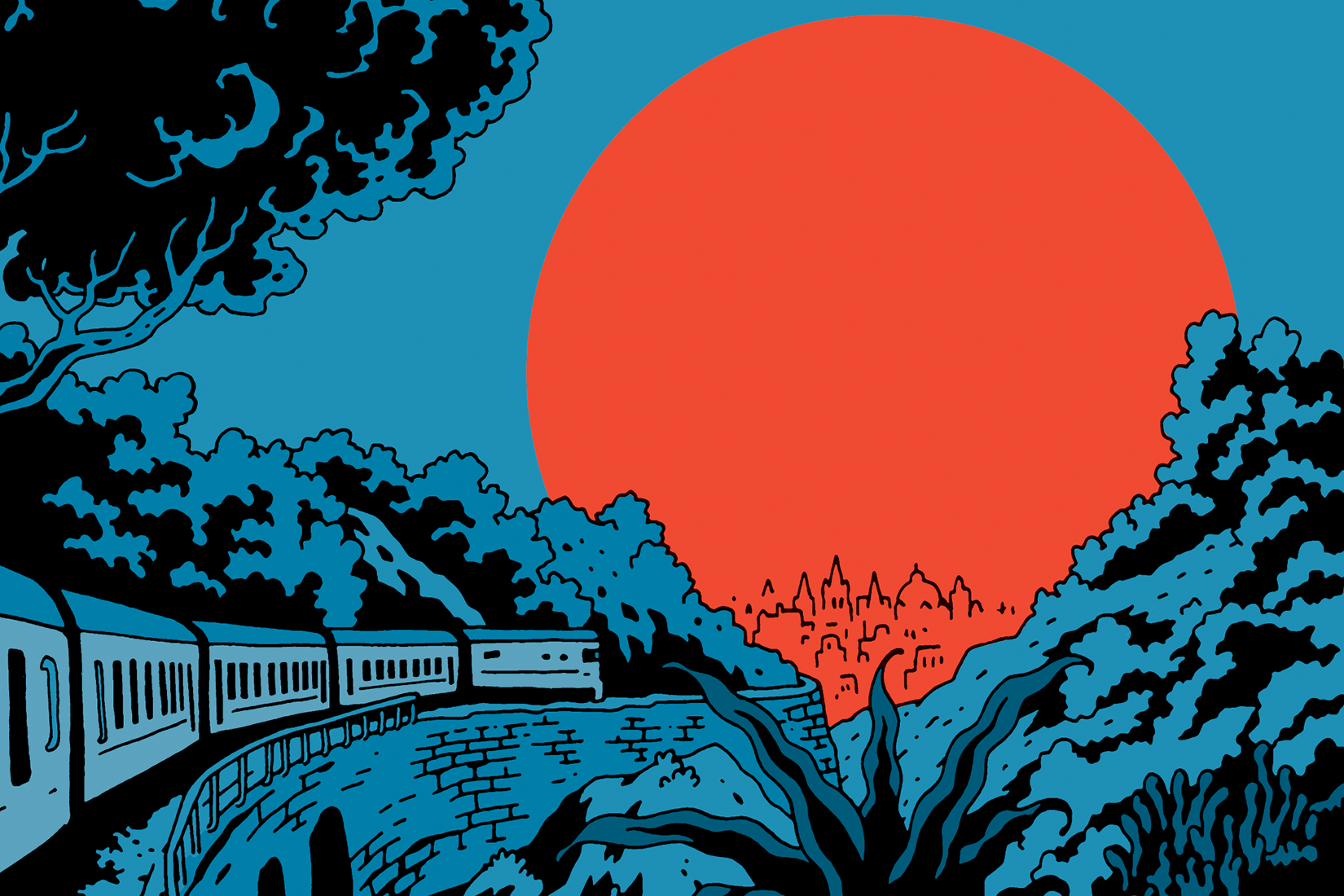How do these writers challenge growing nationalism and the tightening of borders that arises from it? How do they perceive the evolution of national symbols? To what extent do language and words help to form the images people have of a country? What role can diversity and multiculturalism play in the way national images are constructed?
Participating authors:
- Elisabeth Åsbrinkis a journalist and writer. Her books have been awarded several literary prizes, including the August Prize (the equivalent of the Prix Goncourt in Sweden) and the Kapuscinski Prize. Her book Made in Sweden: how the Swedes are not nearly so egalitarian, tolerant, hospitable or cozy as they would like to (have you) think was published in Sweden in 2018 and has not yet been translated into French. In this book Åsbrink challenges so-called “ Swedishness” and shows how important the words and expressions of a language are in the construction of ideas people have about the country.
PLEASE NOTE: Elisabeth Åsbrink is unwell and will not be able to attend the literary evening on 13 February. Thank you for your understanding. - Carl Aderholdis a writer and historian. He has written several acclaimed novels, including Mort aux cons (Hachette Littératures, 2007) and Rouge (Les Escales, 2016) which L’Obs hailed as a “masterful novel”. He is also the co-writer, with Françoise Davisse, of the France 2 documentary series Histoires d’une Nation, which has been published in book form by Stock. The documentary and the book raise the question of the role of people from abroad in the construction of the “French nation”.
- Fabian Göransonis an illustrator, publisher and translator. In the graphic novel Un rêve d’Europe (Rackham, 2019, translated by Sophie Jouffreau), he recounts his journey across Europe in the summer of 2017, during which he talked to local populations in an attempt to understand why an entire continent seems to be collapsing under the weight of the migrant crisis and growing unemployment, and why Europe seems powerless to cope with the rise of racism and xenophobia in fascist movements.
Moderator: Lucie Soullier, journalist at Le Monde, specialist in the Far Right.
Admission free.
In French and Swedish with simultaneous translation.
The exhibition Thérapie Nationale will remain open until the start of the session.
